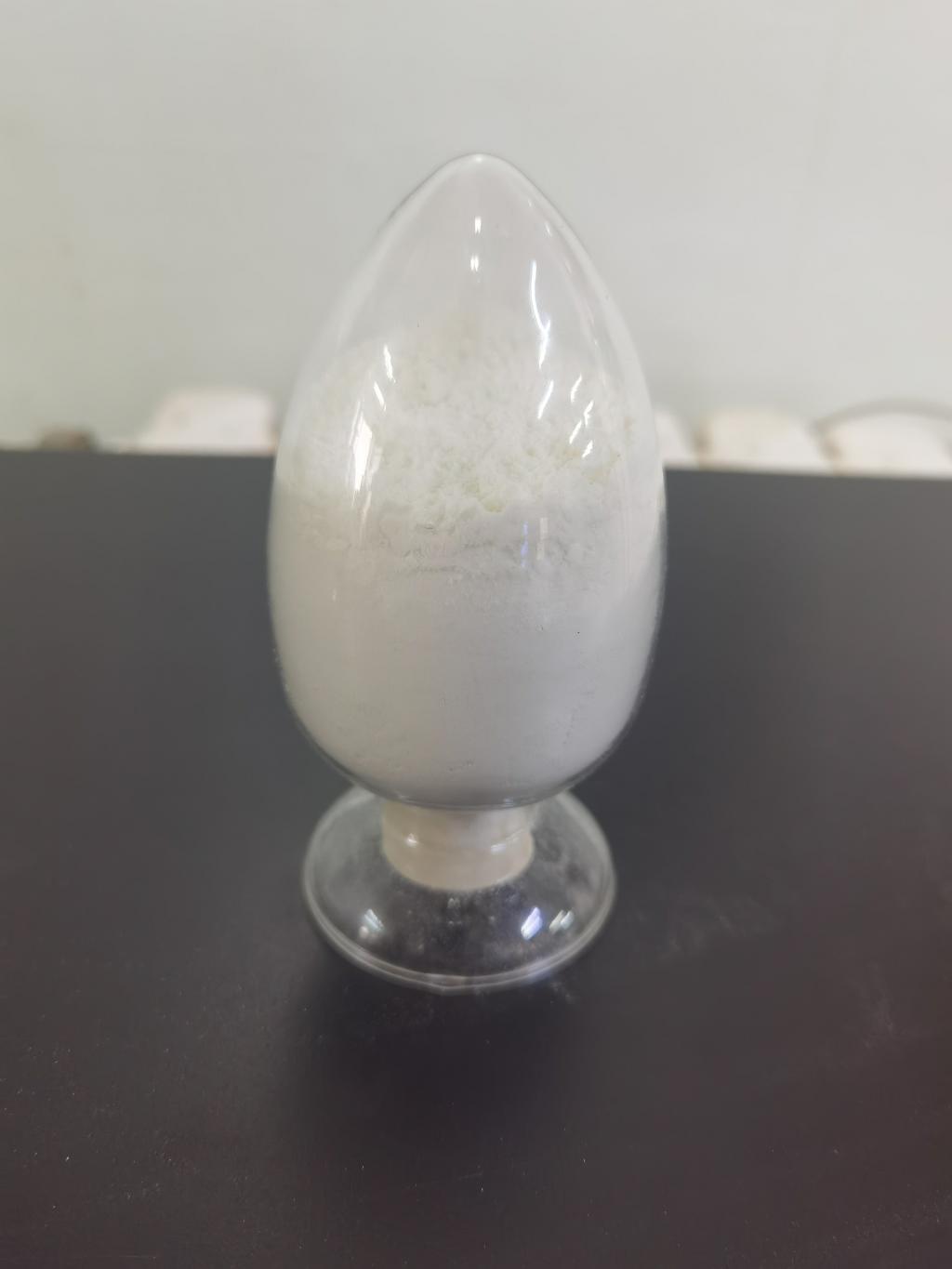Tel:+8618231198596

News
 CONTACT
CONTACT
 CONTACT
CONTACT
- Linkman:Linda Yao
- Tel: +8618231198596
- Email:linda.yao@dcpharma.cn
- Linkman:CHARLES.WANG
- Department:Overseas
- Tel: 0086 0311-85537378 0086 0311-85539701
News
ε-Polylysine hydrochloride is derived from natural sources.
TIME:2024-04-09
Understanding ε-Polylysine Hydrochloride:
ε-Polylysine hydrochloride is a cationic homopolymer composed of L-lysine residues linked by ε-amino bonds. It is produced through fermentation by strains of bacteria such as Streptomyces albulus, making it a naturally derived compound. With its positively charged structure, ε-Polylysine hydrochloride exhibits antimicrobial properties, inhibiting the growth of bacteria, yeasts, and molds in food products.
Properties and Characteristics:
Antimicrobial Activity:
ε-Polylysine hydrochloride exerts its antimicrobial activity by disrupting the cell membranes of target microorganisms, leading to their lysis and eventual death. Its broad-spectrum efficacy makes it effective against a wide range of pathogenic bacteria, including gram-positive and gram-negative strains, as well as yeasts and molds.
Stability:
ε-Polylysine hydrochloride is stable under a wide range of pH levels, temperatures, and processing conditions commonly encountered in food manufacturing. Its stability allows for its incorporation into various food products without compromising its antimicrobial effectiveness.
Solubility:
ε-Polylysine hydrochloride is water-soluble, facilitating its uniform distribution within food matrices. This solubility makes it suitable for use in aqueous solutions, emulsions, and other liquid-based formulations commonly used in food processing.
Applications in Food Preservation:
Meat and Poultry Products:
In the meat and poultry industry, ε-Polylysine hydrochloride is used to inhibit the growth of spoilage bacteria and pathogens, thereby extending the shelf life of fresh and processed meat products. From ground beef to deli meats and sausages, its antimicrobial properties help maintain product freshness and safety throughout storage and distribution.
Dairy and Cheese Products:
Dairy products such as cheese and yogurt are susceptible to microbial contamination, which can lead to spoilage and quality deterioration. ε-Polylysine hydrochloride is incorporated into cheese coatings, brines, and packaging materials to prevent bacterial growth and extend shelf life without affecting taste or texture.
Bakery and Confectionery Items:
Bakery products, including bread, cakes, and pastries, benefit from the use of ε-Polylysine hydrochloride to inhibit mold and yeast growth and prolong freshness. In confectionery items such as candies and chocolates, it helps prevent microbial spoilage and extends the product's shelf life, particularly in humid environments.
Sauces, Dressings, and Condiments:
Sauces, dressings, and condiments are prone to microbial contamination due to their high moisture content and nutrient-rich composition. ε-Polylysine hydrochloride is added to these products to control bacterial growth, enhance stability, and maintain quality over extended storage periods.
Benefits of ε-Polylysine Hydrochloride:
Natural Origin:
Derived from natural sources through fermentation, ε-Polylysine hydrochloride aligns with consumer preferences for clean label products and natural ingredients. Its natural origin appeals to health-conscious consumers seeking alternatives to synthetic preservatives.
Effective Preservation:
ε-Polylysine hydrochloride offers effective preservation against a wide range of spoilage bacteria, yeasts, and molds, helping to maintain the safety and quality of food products throughout their shelf life. Its broad-spectrum antimicrobial activity ensures comprehensive protection against microbial contamination.
Extended Shelf Life:
By inhibiting microbial growth and delaying spoilage, ε-Polylysine hydrochloride extends the shelf life of food products, reducing waste and minimizing losses for manufacturers, retailers, and consumers. This contributes to greater efficiency and sustainability within the food supply chain.
Regulatory Approval:
ε-Polylysine hydrochloride is approved for use as a food additive by regulatory authorities such as the U.S. Food and Drug Administration (FDA) and the European Food Safety Authority (EFSA). It meets stringent safety and quality standards, providing assurance to both manufacturers and consumers.
Conclusion:
In conclusion, ε-Polylysine hydrochloride represents a natural and effective preservation method for food manufacturers seeking to extend the shelf life of their products while meeting consumer demand for clean label and sustainable options. Derived from natural sources and exhibiting broad-spectrum antimicrobial activity, it offers a viable alternative to synthetic preservatives. By inhibiting microbial growth, ε-Polylysine hydrochloride helps maintain the safety, quality, and freshness of food products, contributing to greater efficiency and sustainability within the food industry. As consumer awareness and demand for natural preservation methods continue to grow, ε-Polylysine hydrochloride is poised to play an increasingly important role in shaping the future of food preservation.
- Tel:+8618231198596
- Whatsapp:18231198596
- Chat With Skype







